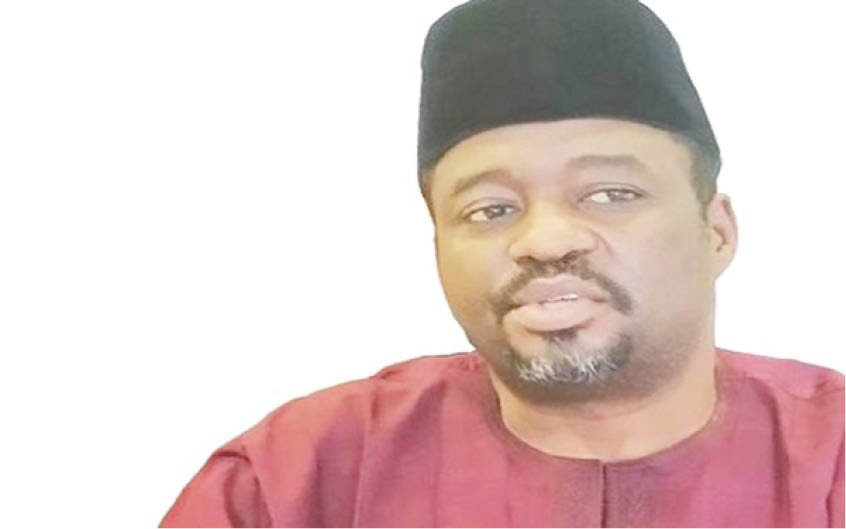FG targets ending COVID-19 next year
The federal government is working towards ending the COVID-19 pandemic in the country by 31st December 2022….

Dr Mukhtar Muhammad
The federal government is working towards ending the COVID-19 pandemic in the country by 31st December 2022.
The National Incident Manager of the Presidential Steering Committee (PSC) on COVID-19 , Dr Mukhtar Muhammad, made the disclosure during the ministerial briefing on COVID-19 response and development in the health sector.
Dr Muhammad said the federal government is planning a national COVID-19 Summit from 6th to 8th December 2021 in Abuja.
He said the glaring potentials for COVID-19 to remain a serious bio-security and socio-economic threats to Nigeria well longer than the earlier projected 31st December 2021 informed the summit.
He said it would enable all critical stakeholders in the health and socio-economic sectors of the country to come together and review the response to the highly disturbing and disruptive pandemic.
He said, ” With a view to repositioning the country to end it by 2022 and build back the health system and the economy of our country better.
“Finally, achieving the end of COVID-19 pandemic in Nigeria by 31st December 2022 (at the eve of his leaving office by May 2023) as a result of this summit, will become one of the several monumental legacies that the administration of President Muhammadu Buhari will bequeath to Nigerians and the global community- which posterity will eternally be grateful to him for!.”
He said world leaders including from Nigeria earlier came together on 22nd of September 2021 at a Global COVID-19 Summit convened by President Joe Biden of the United States of America, and resolved to adopt an ambitious agenda to end COVID-19 pandemic by year 2022.
The incident Manager said objectives of the summit include reviewing the country’s COVID-19 response from February 2020 to November 2021, and synthesizing the blueprint for Nigeria’s pandemic recovery, reconstruction, health security, and sustainability, among others.
The Director General of the National Agency for Food and Drug, Administration and Control (NAFDAC), Prof Mojisola Adeyeye, said Nigeria is inching closer to manufacturing its own vaccine having attained the World Health Organisation (WHO) global benchmarking prematurity level 3.
She said without prematurity level three, Nigeria would not be able to manufacture vaccines.
The NAFDAC DG said the journey towards WHO global benchmarking started in January 2018 when WHO gave the agency 868 recommendations to meet before being recognized for prematurity level 3.
“As Of Oct 15, 2021 , Nigeria has no other recommendations to meet. Nigeria is closer now to manufacturing her own vaccine,” she said.
Prof Adeyeye said as part of the laboratory testing requirement , the agency has expanded its drug laboratory in Yaba while the vaccine laboratory is being built in Oshodi, Lagos.
The Minister of Health, Dr Osagie Ehanire debunked the assertions that the ministry presented a budget of N82 billion naira for procurement of mosquito nets.
He said that the amount is actually a $200 million component of a World Bank assisted multilateral borrowing plan offer to Nigeria, and involves the African Development Bank and the Islamic Development Bank as well as negotiation with Ministry of Health and Ministry of Finance, Budget and National Planning since 2018.
He said the main donations to this project are US$195 million over three years by the United States Presidential Malaria Initiative (PMI) that will cover 11 states , Global Fund to fight HIV/AIDS, Tuberculosis and Malaria, provides $403 million over three years to cover 13 states, leaving 13 states without funding.
The minister said for full coverage and as condition to release their own grants, partners want Nigeria to be responsible for these 13 states, which is about US$200 million over five years.
He said, “Experts have estimated that the fund application will avert 78,000 deaths, prevent 14.5 million illnesses and reach 17.6 million women and children with malaria services in the 13 states.”
He said that it is important to note that just 26.8% of the total amount is planned, by project design, for Long Lasting Insecticide Nets (LLIN) procurement.
